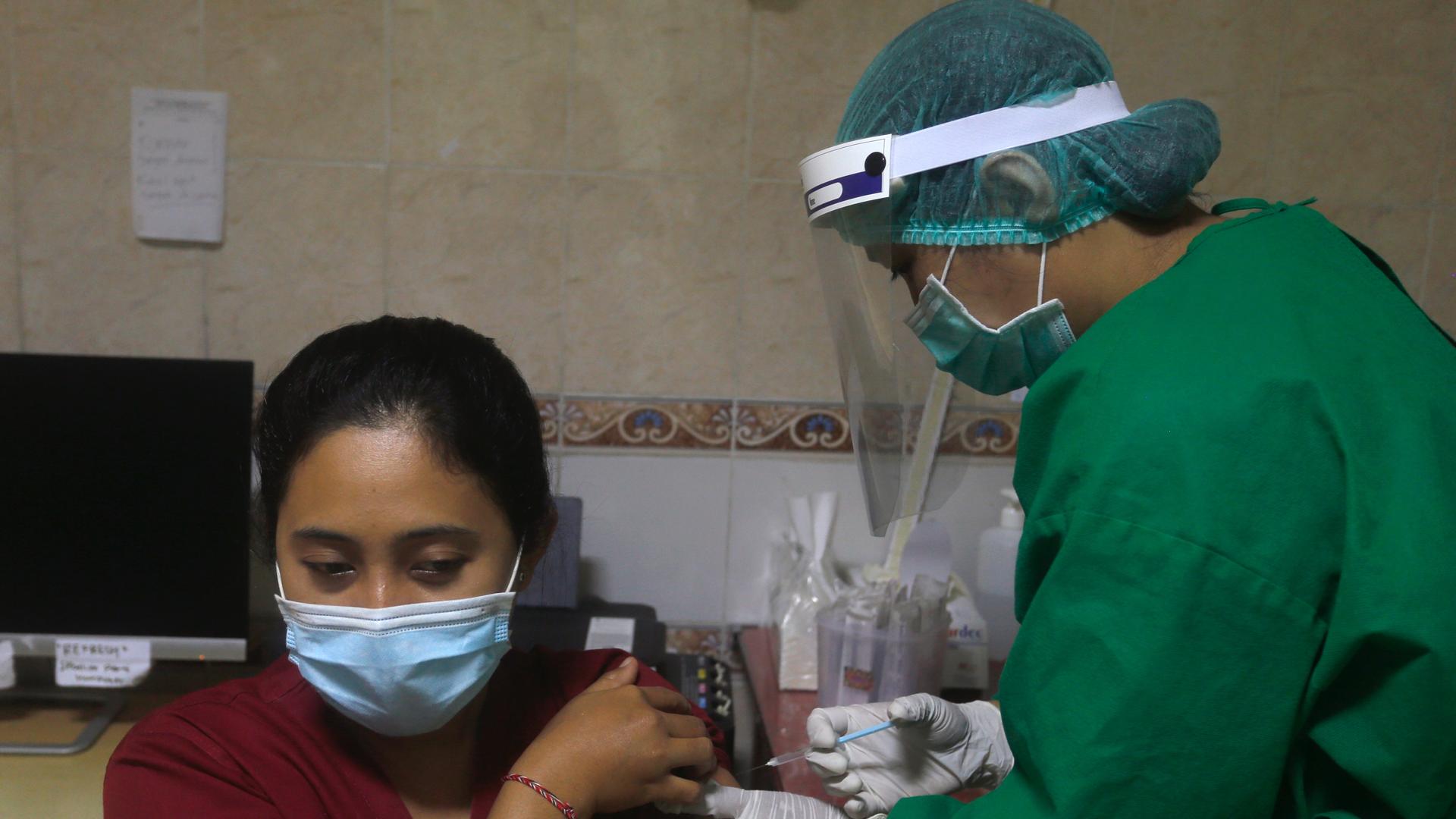The hottest commodity on the planet right now is the COVID-19 vaccine.
As wealthy countries such as the United States, Canada, and European nations stockpile doses — according to some estimates, enough to vaccinate their entire populations multiple times over — that leaves less wealthy countries wondering where to turn.
Related: Dr. Anthony Fauci: ‘We could crush this pandemic’ with mass vaccinations
That’s where China has stepped in, offering priority access to Chinese-developed vaccines to countries in Africa, the Middle East, and Southeast Asia.
The effort could end up being a “soft power” diplomacy tool for China, says Yangzhong Huang, a senior fellow for global health at the Council on Foreign Relations and director of global health studies at Seton Hall University’s School of Diplomacy and International Relations.
Related: China OKs first homegrown vaccine as COVID-19 surges globally
“Especially when you are dealing with countries where, for example, you have territorial disputes…by promising or providing the desperately needed vaccines, you expect them to soften their positions,” Huang told The World.
Expanding vaccine access also helps China reframe the narrative of the pandemic and improve China’s image, Huang said.
“By helping mitigating this gap in access between developing countries and developer countries, China actually not only mitigated that gap but portrayed itself as a benign global power,” he said.
In December, the Sinopharm vaccine, created by a state-run firm in China, announced a 79% efficacy rate and was approved for use by the government. But China has been criticized for a lack of transparency around trial results.
Currently, it is unclear whether China is poised to fully follow through on its pledges. Huang says there has been a shift from emphasizing Chinese vaccines as a “global public good,” as President Xi Jinping said last May, to “cooperation between China and countries in the developing world and accessing the Chinese-made vaccines,” according to Huang. For example, China’s Foreign Minister Wang Yi finished a tour of a number of African nations last weekend without making a concrete commitment about vaccines or a timetable when nations could expect them.
“That raises concerns, whether China actually overpromised,” Huang said. “That is certainly not good news for successful vaccine diplomacy, because countries might feel China reneged on its promises, and they might turn to other countries like India or even Russia.”
Related: COVAX aims for equitable access to a COVID-19 vaccine. Can it work?
But if China is seizing an opportunity to turn vaccine distribution into diplomacy, that’s an opportunity seemingly missed by the United States, which has instead pursued a policy of “vaccine nationalism” under the Trump administration.
As the New York Times reported last weekend, Ukraine turned to China for vaccine access after its initial attempts to obtain vaccines from “Pfizer and other Western vaccine makers” was thwarted by President Donald Trump’s executive order blocking vaccine exports.
“China was able to practice this vaccine diplomacy…precisely because the US is not a player in this game,” Huang said.
“That allows countries like China or Russia to fill this void left by the United States,” Huang added.
